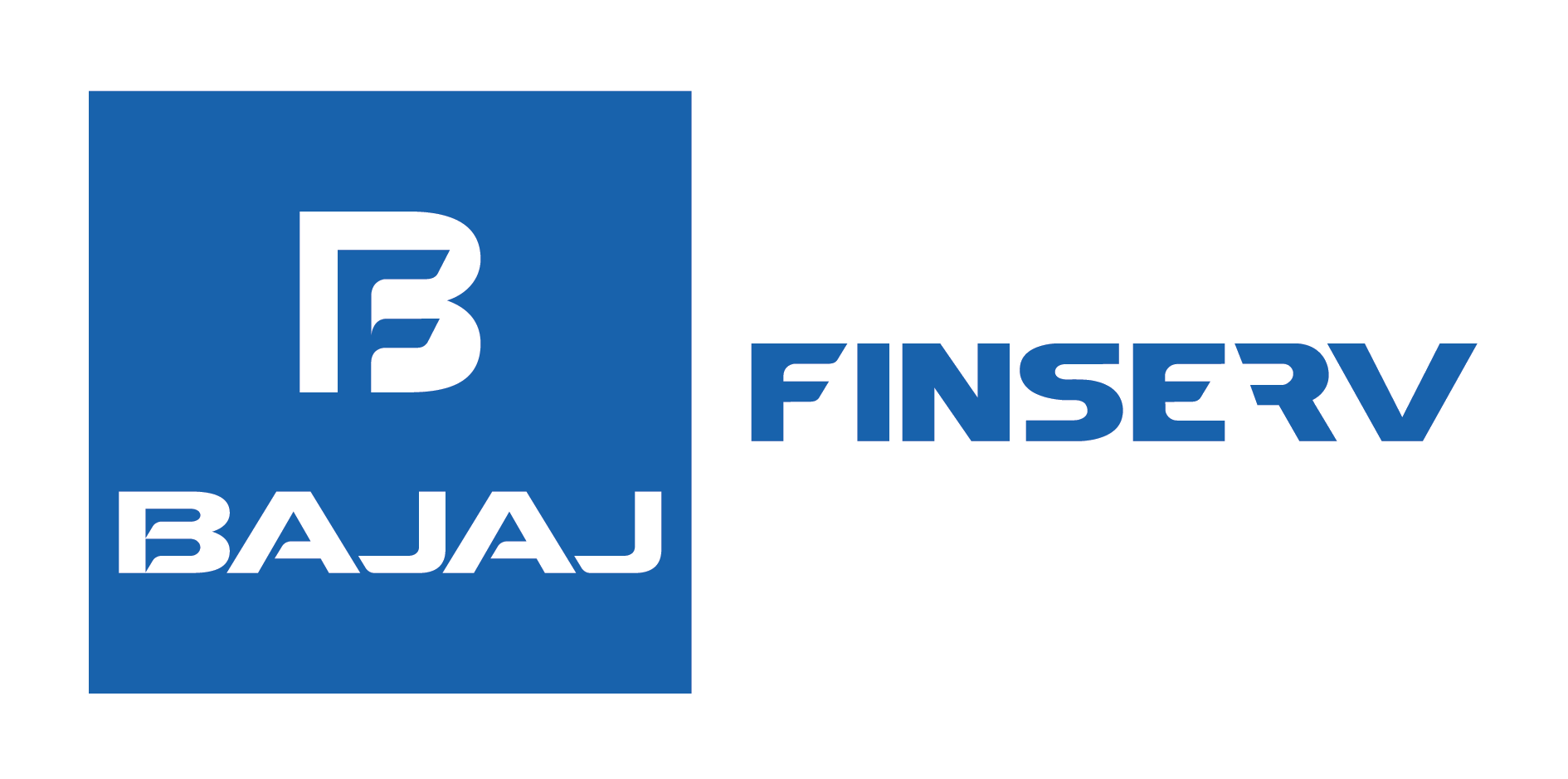Last Updated on October 16, 2023 by BFSLTeam BFSLTeam

Bonds are generally considered to be suitable only for risk-averse investors who prefer safe investment avenues. Aggressive investors looking for higher returns tend to steer clear of this market segment. However, this could be a grave financial mistake driven by a common misconception. While it is true that most typical bonds do offer the advantage of lower yet stable returns, there are some bonds that carry higher coupon rates. More specifically, these are corporate bonds. Before you invest in corporate bonds in India, it is a good idea to get to know more about these securities.
So, in this article, we’ll take a closer look at what corporate bonds are in India and delve into their features, variants and more.
Table of Content
What is a Corporate Bond?
A corporate bond is a debt instrument that is issued by a corporate entity. This entity could be a public sector undertaking (PSU), a publicly listed company or an unlisted company. Companies issue these bonds to raise capital for funding different business ventures and projects. The capital invested by investors who purchase the bonds is considered as a debt in the companies’ books.
In return for the loan obtained, these companies pay out interest to the investors in the form of coupon payments. The rate of the interest payouts — termed the coupon rate — is generally predetermined (except in the case of floating rate bonds, as you’ll see later). This sums up the crux of what corporate bonds are in India.
Types of Corporate Bonds
Now that you know the meaning of corporate bonds, let’s take a deep dive into this subcategory of assets. Based on the type of coupon rates, the specific terms of the security and its benefits, there are different options to choose from if you want to invest in corporate bonds in India. The main types of bonds in this category include the following.
- Fixed Rate Bonds
The coupon rates on these corporate bonds are predetermined and fixed. Till maturity, these bonds make the same annual coupon payment at the rate specified by the issuer. Since you know the coupon rate upfront, investing in corporate bonds with a fixed rate may be a good idea if you need steady and quantifiable income.
- Floating Rate Bonds
Floating rate bonds carry variable coupon rates linked to a predetermined benchmark like the repo rate. When the repo rate rises, so does the coupon rate (and vice versa). This means that you will not be aware of the exact amount of the annual coupon payment upfront. However, if the rates move favourably, you could benefit by investing in corporate bonds with floating rates.
- Zero Coupon Bonds
These corporate bonds are issued at a discount. At maturity, they are redeemed at the face value or par value. The profit for the investor is essentially the difference between the par value of the bond and the discounted purchase price. These bonds carry no coupon rate and do not offer any interest payouts, hence the name zero coupon bonds.
- Convertible Bonds
Convertible bonds are securities that are issued as debt instruments, but can later be converted into stocks of the company upon maturity. Up until the maturity date, the bond will pay out interest based on its coupon rate. Thereafter, if you choose to convert it, the interest payouts will stop. If you do not opt to convert the bond into a stock, it will be redeemed by the company.
- Tax-Saving Bonds
The annual coupon payments received from these securities are tax-free. This is a unique benefit because the interest received from bonds is typically taxable as per your income tax slab rate. However, if you want to invest in corporate bonds in India without increasing your tax liability, these tax-saving bonds are a good option to consider.
Also Read: Different Types of Bonds Explained
Key Features of Corporate Bonds
Before you get started with investing in corporate bonds, you must also understand their main characteristics. The primary features of corporate bonds include the following:
- Credit Ratings
All corporate bonds in India carry credit ratings assigned to them by credit rating agencies like CARE and CRISIL. The higher the credit ratings, the lower the risk associated with the bond. These credit ratings can be handy if you want to assess which bonds carry the lowest risk. That said, bonds with lower credit ratings typically offer higher coupon rates to compensate for the higher risk.
- Low to Moderate Risk
Depending on the credit rating assigned to them, corporate bonds can carry low to medium risk. This makes them suitable for all kinds of investors, no matter whether they are conservative, moderate risk-takers or aggressive investors. You can choose to invest in corporate bonds whose risk levels align with your risk profile.
- High Coupon Rates
Corporate bonds typically carry higher coupon rates than government bonds. This is because the former category has a higher risk profile. However, if you select your corporate bonds smartly, you can hit the sweet spot between good returns and tolerable levels of risk. This way, you can earn higher returns without increasing your risk exposure massively.
- Medium to Long-Term Maturity Periods
Bonds are generally not suitable for short-term investment tenures. Corporate bond are no different since they come with maturity periods that are longer than one year. So, if you have a medium-term or long-term investment outlook, investing in corporate bond can be an effective strategy to consider. However, the maturity period for corporate bond may be shorter than that of government bonds, which can be ultra-long-term securities.
Conclusion
Investing in corporate bonds can be an effective strategy if you want to earn higher returns without taking on too much risk in the process. If you prefer to take moderately high levels of risk, bonds issued by companies can fit in with your investment plan easily. What’s more, even within the corporate bond segment, there are instruments with varying levels of risk. So, no matter how your risk profile shifts over the years, there will be a corporate bond that aligns with your financial requirements.



